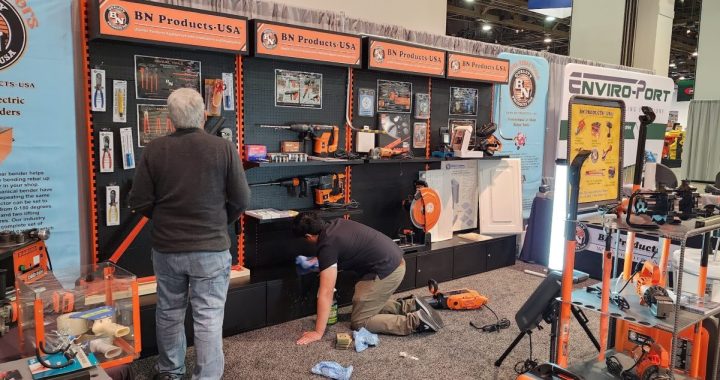Metal mesh has emerged as a versatile material with diverse applications across various industries. Within the domain of geocomposites, its unique properties offer innovative solutions for infrastructure, construction, and environmental projects. This article explores the applications, advantages, and considerations of integrating metal mesh into geocomposites.

What are the primary applications of metal mesh in geocomposites?
Metal mesh serves a multitude of purposes in geocomposite applications including soil stabilization, erosion control, slope reinforcement, and retaining wall construction. Its robustness, durability, and flexibility make it an ideal choice for reinforcing soil structures and mitigating erosion across diverse environmental settings.
How does metal mesh enhance the performance of geocomposites?
Functioning as a reinforcement component within geocomposites, metal mesh provides structural stability and strength to the composite material. It facilitates uniform distribution of loads, thereby reducing the risk of soil movement and erosion. Additionally, the customizable nature of metal mesh allows for tailored solutions to meet specific project requirements and soil conditions.
how to bypass idle air control valve
norgren air control valve
What are the advantages of using metal mesh in geocomposites compared to traditional materials?
In contrast to conventional materials such as timber or concrete, metal mesh offers several advantages in geocomposite applications. Its lightweight nature facilitates easy transportation and installation, thereby expediting construction processes and reducing costs. Moreover, metal mesh is corrosion-resistant and boasts an extended lifespan, ensuring durability and resilience in diverse environmental conditions.
What factors should be considered when incorporating metal mesh into geocomposites?
Incorporating metal mesh into geocomposites requires careful consideration of factors such as mesh size, wire diameter, and coating type to ensure optimal performance and compatibility with project specifications. Furthermore, site-specific conditions including soil composition, slope gradient, and environmental factors must be evaluated during design and implementation to achieve effective erosion control and soil stabilization.
Metal mesh offers a plethora of benefits in geocomposite applications, ranging from soil stabilization to erosion control and slope reinforcement. Its versatility, durability, and customizable properties make it an indispensable component in modern infrastructure and environmental projects. By understanding the advantages and considerations associated with integrating metal mesh into geocomposites, engineers and project managers can harness its capabilities to enhance project performance while minimizing environmental impact.
